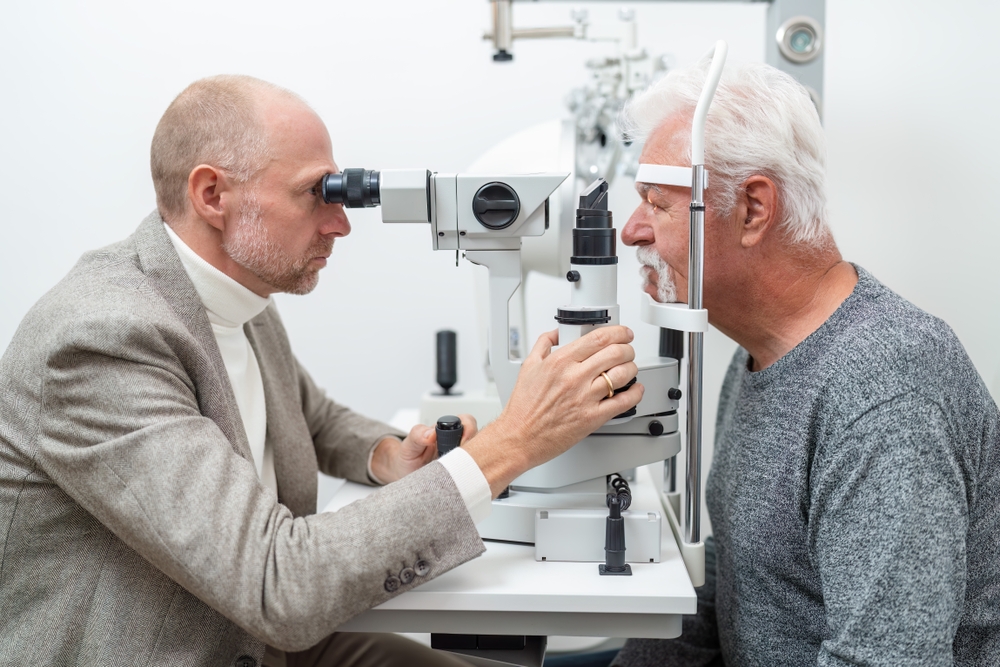
Your vision is an essential part of your life, influencing how you perceive the world around you. It's easy to take for granted, but maintaining good vision and eye health is crucial for your quality of life. However, vision and eye health extend beyond just having the acuity to read letters off a chart; it's about understanding and taking care of the whole visual system to ensure it functions optimally.
The Importance of Comprehensive Eye Exams
When it comes to safeguarding your vision and eye health, comprehensive eye exams are indispensable. These exams are much more than a simple vision check. They are thorough evaluations of your eyes and visual system, conducted by qualified eye care professionals. By regularly scheduling these exams, you can ensure that any changes in your vision or eye health are detected early, when they're most manageable.
Comprehensive eye exams are essential not only for detecting vision impairments but also for uncovering hidden health issues. Your eyes may help in identifying signs of chronic diseases that might otherwise go unnoticed until they become severe. These exams, therefore, are a critical component of preventive health care, much like regular physical check-ups with your doctor.
What Does a Comprehensive Eye Exam Involve?
A comprehensive eye exam is a series of tests and evaluations designed to assess your vision and the health of your eyes. It's an intricate process that looks at both the internal and external structures of your eyes.
The exam typically begins with a discussion of your medical history and any vision problems you might be experiencing. This conversation helps your optometrist tailor the exam to your specific needs. Following this, you'll undergo various tests that measure your visual acuity, check for common eye conditions, and evaluate the health of your eyes.
Some of the tests you can expect include a visual acuity test, which measures how clearly you see at distances. There's also the refraction assessment to determine the right prescription for your glasses or contact lenses. Your optometrist will also conduct tests for eye alignment, eye movement, and coordination to ensure your eyes are working together correctly.
Detecting Common Eye Conditions and Diseases
During comprehensive eye exams, optometrists look for a variety of common eye conditions and diseases. Some of these issues, if left unchecked, can lead to vision loss or even blindness. However, when detected early, many can be managed or treated to minimize their impact on your life.
Conditions such as refractive errors, which include myopia (nearsightedness), hyperopia (farsightedness), astigmatism, and presbyopia, are commonly diagnosed. These conditions affect how light is bent or refracted in your eyes, impacting your vision's sharpness and clarity. A comprehensive eye exam can determine the exact nature of the refractive error, allowing for corrective lenses to be prescribed.
Beyond refractive errors, eye exams can detect more serious conditions such as glaucoma, which can damage the optic nerve, leading to vision loss. There's also cataracts, characterized by clouding of the eye's lens, and macular degeneration, which affects central vision. Other conditions such as diabetic retinopathy can be spotted as well, which is why eye exams are particularly important for individuals with diabetes.
Protecting Your Vision and Eye Health through Regular Eye Exams
Comprehensive eye exams are a critical tool in protecting your vision and health. These exams go beyond simple vision checks, providing a detailed look at your eyes' health and catching potential problems before they become severe. Regular eye exams are a proactive measure that can help you maintain clear vision and contribute to your overall well-being.
Schedule your comprehensive eye exam today and give yourself the peace of mind that comes with knowing you are actively protecting your vision and health, visit Brianna Herring O.D. at our office in Deerfield Beach or Plantation, Florida. Please call (786) 891-2020 or (954) 472-2676 to book an appointment.




